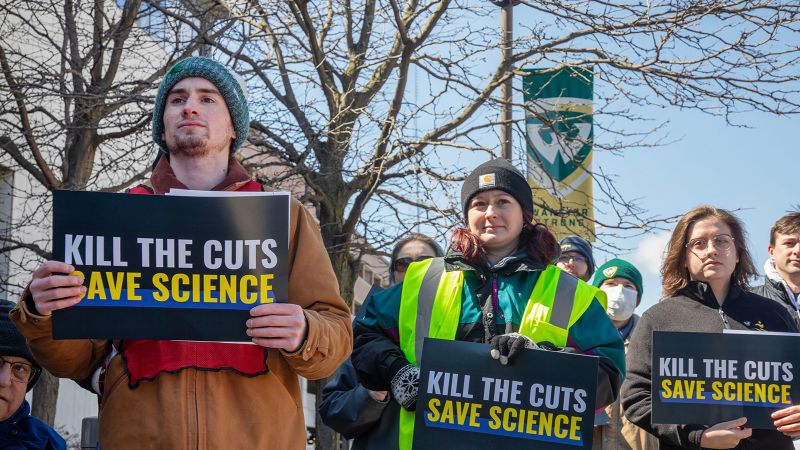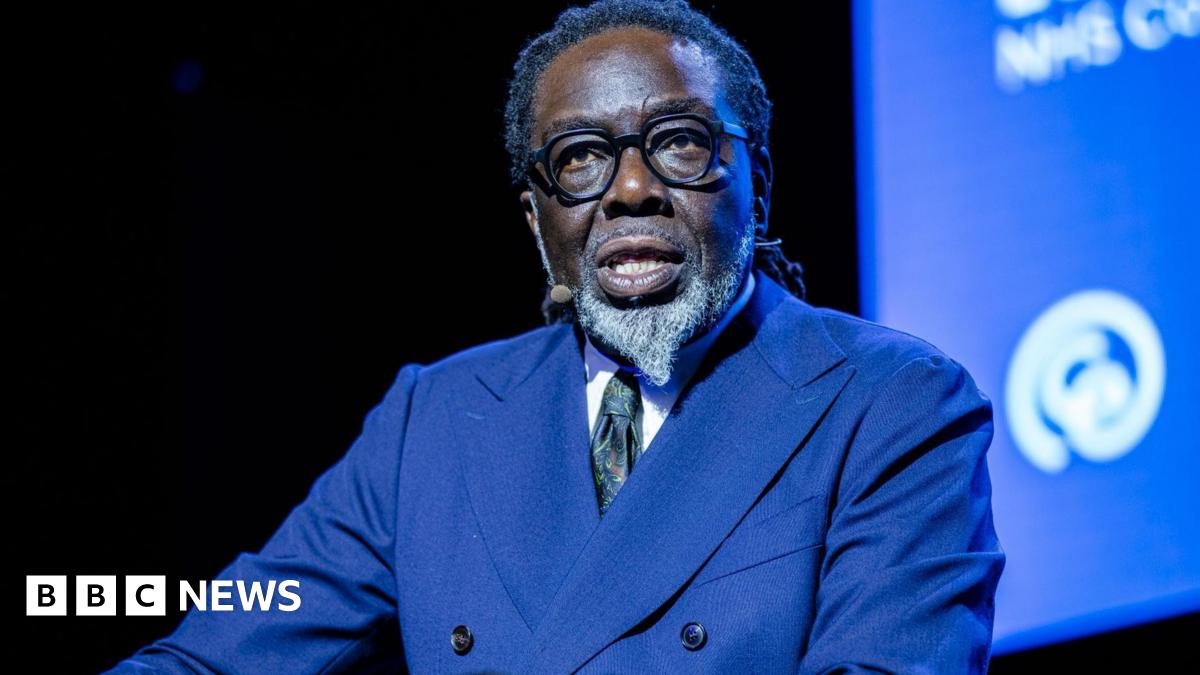Funding Cuts Threaten US Academic Medicine, Jeopardizing Patient Care and Future Health Advancements

A stark warning has been issued by the Association of American Medical Colleges (AAMC): proposed federal research funding cuts pose an “existential threat” to academic medicine in the United States. This isn't just an academic concern; the report details how these cuts will directly impact patient care, innovation, and the nation's overall health.
The Scope of the Crisis
Academic medicine, encompassing medical schools, teaching hospitals, and research institutions, is the bedrock of medical progress. It's where groundbreaking discoveries are made, new treatments are developed, and the next generation of physicians and scientists are trained. However, the AAMC report paints a grim picture. Years of stagnant or declining federal research funding, particularly from the National Institutes of Health (NIH), have already strained resources. Further cuts, as currently proposed, would be devastating.
Impact on Patient Care
The immediate consequences will be felt in hospitals and clinics across the country. Reduced funding means fewer clinical trials, limiting access to cutting-edge treatments for patients. It also translates to fewer medical professionals being trained, exacerbating the existing shortage of doctors and nurses. Rural and underserved communities, already facing healthcare disparities, will be disproportionately affected. The report highlights that innovations in areas like cancer care, heart disease treatment, and neurological disorders, heavily reliant on academic research, could be stifled.
Hindering Future Innovation
Beyond immediate patient care, the cuts will cripple the pipeline of future medical advancements. Basic research, often considered the “seed corn” of medical breakthroughs, is particularly vulnerable. Without adequate funding for basic science, the discoveries that lead to new therapies and diagnostic tools will dry up. This will have long-term consequences for the nation's health and economic competitiveness.
The Ripple Effect
The impact extends beyond the medical field. Academic medical centers are major employers and economic drivers in many communities. Funding cuts will lead to job losses, reduced economic activity, and a decline in the quality of life for countless Americans. Furthermore, the US risks falling behind other nations, like China and Europe, that are investing heavily in medical research.
A Call to Action
The AAMC report is a clear call to action. Policymakers must recognize the vital role of academic medicine and prioritize federal research funding. Investing in medical research isn't just an expense; it's an investment in the nation's health, economy, and future. Failure to do so will have profound and lasting consequences for all Americans. The future of medical innovation, and the health of our nation, hangs in the balance.
Key Findings from the AAMC Report:
- Significant declines in NIH funding over the past decade.
- Reduced enrollment in medical schools and residency programs.
- Fewer clinical trials being conducted.
- Increased difficulty attracting and retaining top medical researchers.






